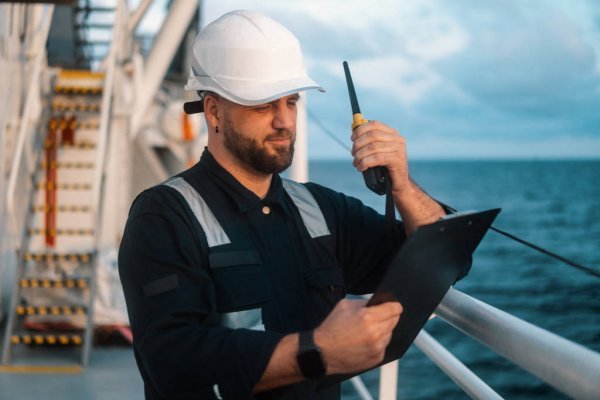
What Laws Protect Maritime Workers?
The laws that protect maritime workers injured on the job include:
- The Maritime Marine Act of 1920, known as the Jones Act
- The Death on the High Seas Act (DOHSA)
- The doctrine of unseaworthiness
- Maintenance and cure
As a whole, the body of law that makes up admiralty and maritime law is somewhat unique among other bodies of law because it is made of many different types of laws. Very few, in fact, are codified. There are no statutes in place to create many protections available to maritime workers. Instead, they rely on case law and common law.
The Jones Act Allows Injured Workers to Claim Damages
Per 46 U.S. Code §30104 of the Maritime Marine Act of 1920, seamen who suffer injuries while working on a qualifying sea-faring vessel can claim damages based on their expenses and losses.
This statute is vital to injured seamen and sailors because they generally do not qualify for workers’ compensation coverage. State laws provide this coverage, and injuries that occur offshore or in U.S. ports are not covered by state statutes.
A Death at Sea May Qualify for Compensation
The Death on the High Seas Act (DOHSA) gives family members a way to recover compensation in the event their loved one dies because of an incident onboard an ocean-going ship. This applies to workers not covered by the Jones Act, volunteers, passengers, and others on board a qualifying vessel.
The DOHSA goes into effect any time a boat is more than three miles off the U.S. coast.
These claims are based on negligence. If your loved one died onboard a sea-faring vessel, you will need to show that the boat’s owner, operator, or another party caused their accident and death.
What Makes a Vessel Unseaworthy?
If you are a seaman who qualifies for coverage under the Jones Act, the doctrine of unseaworthiness may allow you to hold the vessel’s owner strictly liable for your injuries. If you can show there was a dangerous condition that caused your injuries, they may have to compensate you for your losses.
Under this common law, unseaworthiness could include almost any issue that makes working on the boat unsafe. Examples include problems with:
- The hull or other parts of the boat itself
- The protective equipment onboard
- The tools available
- The number of crewmembers
- The training of the crew, including the injured seaman
Qualifying for Maintenance and Cure After an Injury or Illness
Seamen who get sick or hurt on a vessel may qualify for benefits known as “maintenance and cure.” These benefits cover the seaman’s:
- Medical care
- Wages through the remainder of the season
- Room and board or other regular expenses
These benefits are generally no-fault, meaning seamen do not have to show that the shipowner, their employer, or another crewmember caused their injury or illness, only that it occurred during the voyage.
Pursuing an Injury Claim Based on Maritime Law
Knowing how to navigate the laws that protect maritime workers after suffering injuries on a sea-faring vessel can be complex. Many of these laws work together, and you may be able to seek different types of compensation from several laws at the same time, holding numerous parties accountable.
You may want to work with a law firm that regularly accepts and wins maritime law cases, specifically those that recover compensation and benefits for injured seamen. Our firm provides complimentary consultations so that you can speak with us for free, with no obligation, and confidentially.
While speaking with our law firm about your case can help you get clarification, you may want to act quickly. There is a limited time to pursue compensation under maritime law. The statute of limitations that generally applies to cases under the Jones Act, for example, is only three years under 46 U.S. Code §30106.
The Attorneys at Laborde Earles Injury Lawyers will Discuss Your Legal Options with You Today for Free
You can speak with a team member from Laborde Earles Injury Lawyers about your offshore injuries or illness today for free. We provide free case evaluations and take steps to help injured seamen seek and secure compensation.
Our team offers free initial consultations for injured or ill seamen, and we handle these cases based on contingent fees. You can reach us at (337) 777-7777.